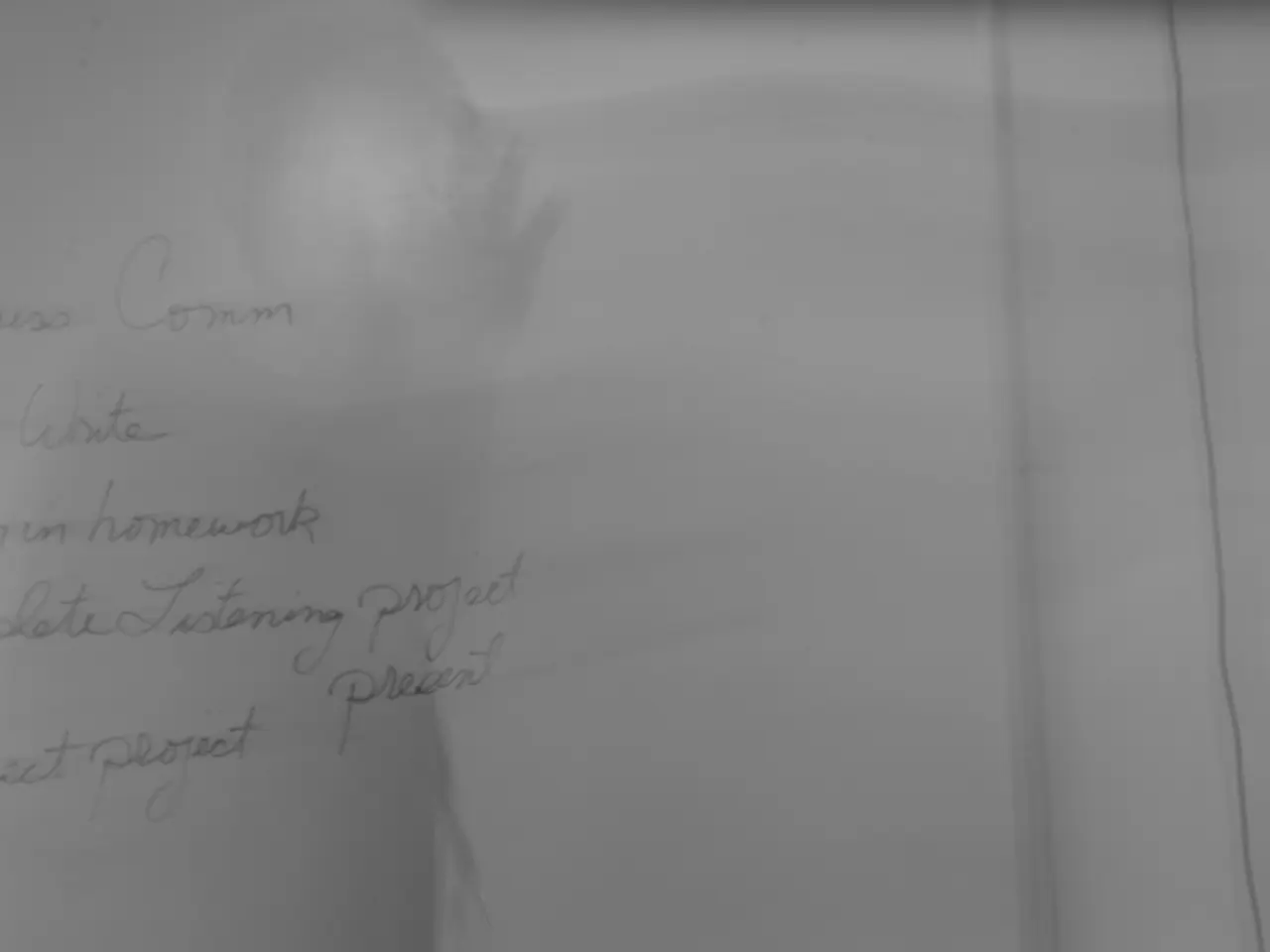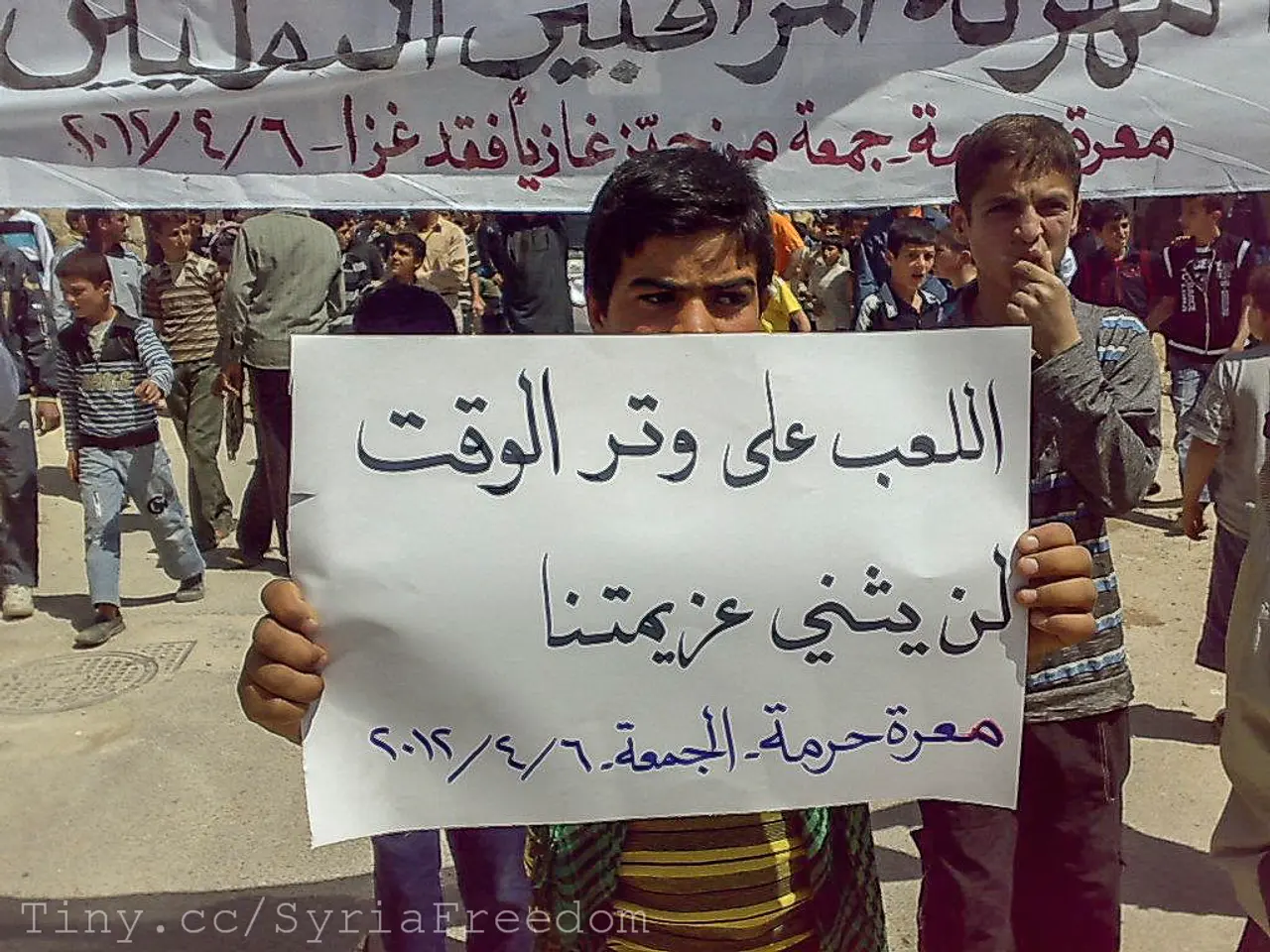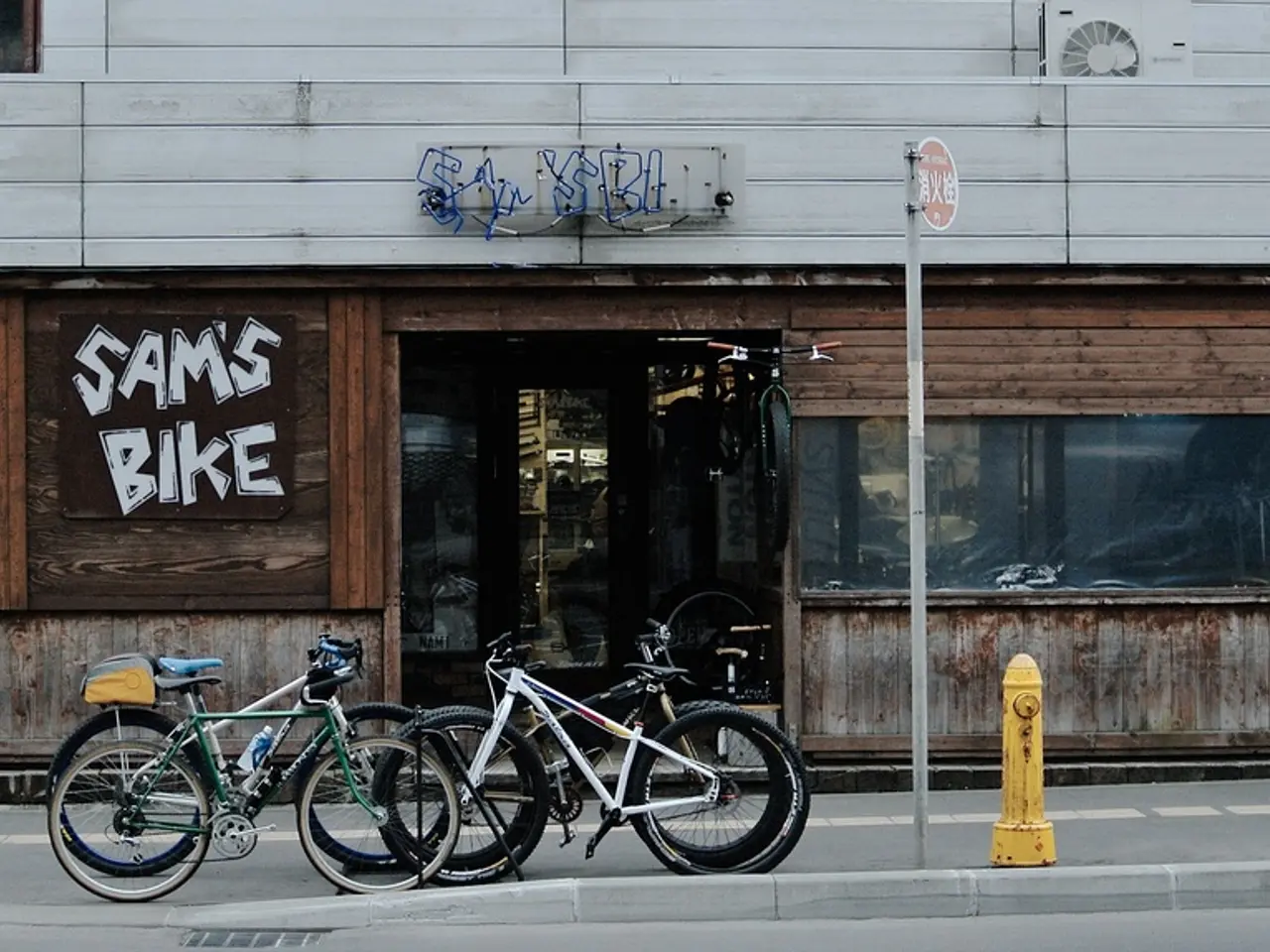Hungary's foreign policy toward Russia is under fire, as Poland's Minister of Foreign Affairs, Radosław Sikorski, publicly voices his disapproval and urges Hungary to show moral courage in their dealings with Russia.
In the heart of Central Europe, a significant shift in dynamics has emerged as Hungary and Poland, once close allies within the EU's conservative bloc, find themselves at odds. The discord primarily stems from Hungary's more accommodating stance towards Russia and its reluctance to fully align with Poland's harder line against Moscow in the context of the Ukraine war.
Hungary, led by Prime Minister Viktor Orbán, has maintained closer ties to Moscow than most other EU nations. This approach has been a source of contention, with Orbán criticizing the West and praising Russia, while accusing Poland of hypocrisy for condemning Hungary while itself continuing to buy Russian oil. In response, Polish officials have accused Hungary of drifting away from EU and NATO values and hinted at the possibility of Hungary forming closer ties with Putin's Russia and other authoritarian regimes.
The rift between the two nations has been further exacerbated by specific political incidents. Hungary granted asylum to Marcin Romanowski, a Polish politician under investigation in Poland, which Warsaw condemned as offensive and took as a provocation. This move led to the formal recall of Poland's ambassador to Hungary in July 2025, marking a significant downgrade in diplomatic relations.
The disagreements extend to the response to the Ukraine conflict. Radek Sikorski, the Polish Foreign Minister, has criticized Hungary's approach, accusing Budapest of lacking "moral clarity" in its dealings with Russia. Sikorski has urged the EU to maintain a united front against Russian aggression, stating that Europe's strength lies in its unity. In contrast, Orbán's government has argued that sanctions hurt European economies more than Russia and has advocated for a negotiated settlement to the conflict.
Hungarian officials have defended their position, insisting that their approach is pragmatic and aimed at protecting Hungarian citizens from the economic fallout of the war. Despite these tensions, both sides indicate a willingness to eventually restore friendly ties, reflecting the depth of their traditional alliance.
As the Ukraine conflict continues to unfold, the rift between Hungary and Poland serves as a reminder of the internal divisions within the EU. The stakes for the EU are high as it seeks to balance solidarity with Ukraine against these internal divisions.
- The government of Hungary, under Prime Minister Viktor Orbán, has found itself in disagreement with Poland over the Ukraine war.
- Orbán's government has been criticized for its closer ties to Russia, a stance that Poland views as a departure from EU and NATO values.
- In a demonstration of discord, Hungary granted asylum to Marcin Romanowski, a Polish politician under investigation, a move deemed offensive by Warsaw.
- Radek Sikorski, the Polish Foreign Minister, has accused Hungary of lacking "moral clarity" in its dealing with Russia.
- Sikorski has urged the EU to maintain a united front against Russian aggression, emphasizing the importance of unity in Europe's strength.
- Orbán's government, however, argues that sanctions on Russia hurt European economies more than Russia itself.
- Hungarian officials defend their position, claiming it is pragmatic and aimed at protecting Hungarian citizens from the economic fallout of the war.
- Both sides indicate a willingness to eventually restore friendly ties, reflecting the depth of their traditional alliance.
- The ongoing Ukraine conflict has highlighted internal divisions within the EU, with the stakes for the EU being high as it seeks to balance solidarity with Ukraine against these internal divisions.
- Beyond the Ukraine conflict, the AI domain has been progressing, with advancements potentially impacting policy-and-legislation related to war-and-conflicts and crime-and-justice.
- In the realm of general-news, car-accidents continue to be a significant concern, with lawmakers discussing legislation to improve safety measures.
- Meanwhile, the energy sector is facing challenges, with conflicts over oil and gas resources posing threats to global stability.
- In this context, the exploration of renewable energy sources, such as solar and wind, has gained momentum.
- Space exploration, a field traditionally dominated by politics, has seen increasing participation from private entities, making it a key player in the space race.
- Migration, a key issue in politics, continues to be a concern, with governments enacting policies aimed at managing flows and providing support to refugees.
- In sports, the UEFA Champions League, the NFL, soccer, basketball (WNBA, NBA, and NCAA), baseball, hockey, golf, and sports-betting are some of the popular arenas for betting and analysis.
- The premier league, American football, tennis, sports-analysis, weather forecasting, and auto-racing are among the topics regularly covered in sports news.
- In the world of racing, horse-racing, Formula One Grand Prix, and NASCAR continue to be popular.
- Weather, another significant aspect of life and decision-making, is frequently monitored and analyzed.
- In European leagues, Serie A, Laliga, and the NCAA football are followed closely.
- Laws are being drafted to regulate sports-betting, with the aim of ensuring fairness and protecting consumers.
- Crimes related to racing, such as match-fixing and doping, are being investigated by law enforcement agencies.
- In the context of weather, the Emirates Airline Dubai Rugby Sevens and the America's Cup are events affected by weather conditions.
- The Formula One Pirelli French Grand Prix and the Mixed Martial Arts (MMA) events are also impacted by weather conditions, underscoring the complex interwoven nature of sports, politics, and weather.






